
How can you recognise when your child is struggling?
Before you can learn how to identify signs of stress and distress in your child, you will need to understand what these terms mean and how they are different.
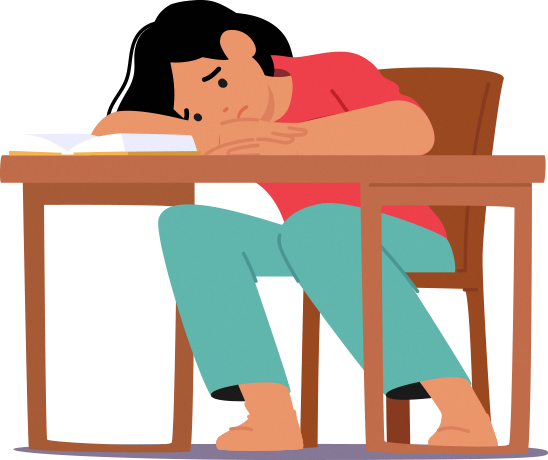
Stress is a normal response to everyday pressures and is a part of daily life. Our responsibilities, decisions, and relationships can cause stress depending on how we think and feel about them. Experiencing some stress can be good, as it can help us focus and stay motivated.
Distress can evolve from stress when difficult thoughts and feelings are left unmanaged or if a situation feels threatening and challenging beyond one’s ability to cope. Underlying vulnerabilities and risk factors can put some at greater risk of distress than others, and if help is not sought promptly, this could develop into mental health conditions.

When observing changes in your child’s behaviour and feelings, it may be difficult to determine when stress becomes distress. To ensure that you can provide your child with necessary advice or support, you can look out for signs of D.I.S.T.R.E.S.S* which are:
Deliberately avoiding others
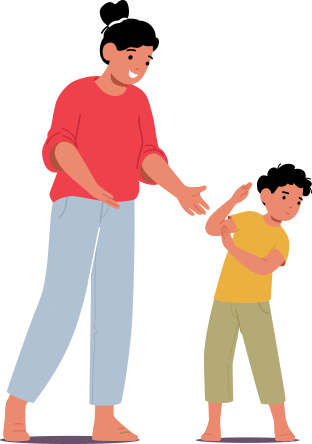
Increased irritability, restlessness, agitation, stress, and anxiety

Sending or posting moody messages on social media

Talking about death or dying
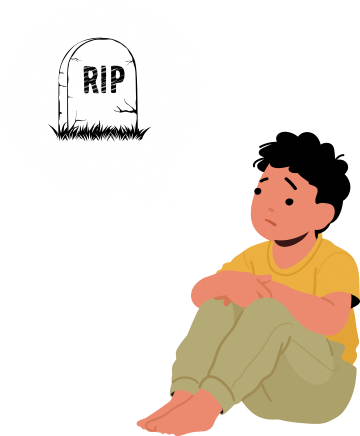
Reacting differently or gradually losing interest in things they used to like

Eating significantly more or lesser than usual

Sleep pattern changes with difficulty falling asleep or oversleeping

Slowing down of energy levels

* D.I.S.T.R.E.S.S. signs are also taught to all students in schools.
These signs can also be broadly categorised as:
-
Changes in Thoughts (e.g. having negative thoughts about self, sense of hopelessness)
-
Changes in Feelings (e.g. anger outbursts, over worrying, easily agitated)
-
Changes in Behaviours (e.g. sudden withdrawal from friends, unable to sleep at night, changes in appetite)
How can you support your child through their struggles?
If your child’s struggles are concerning or you observe them showing signs of D.I.S.T.R.E.S.S, have conversations with them to understand more about their struggles and offer them a listening ear.
When starting a conversation with your child:
Assure your child that you are there for them
For example, you can say:
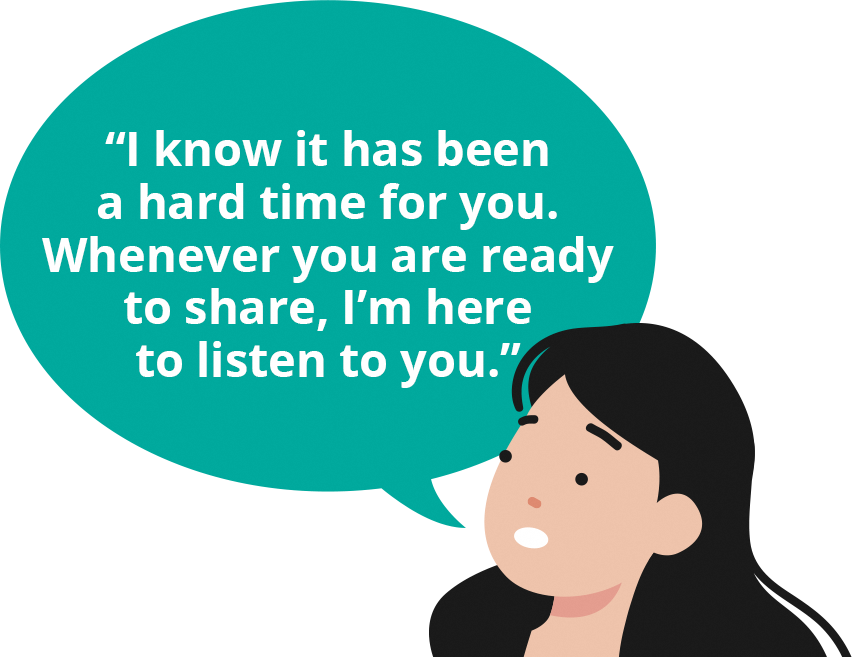
Find out the cause of their struggles
For example, you can say:
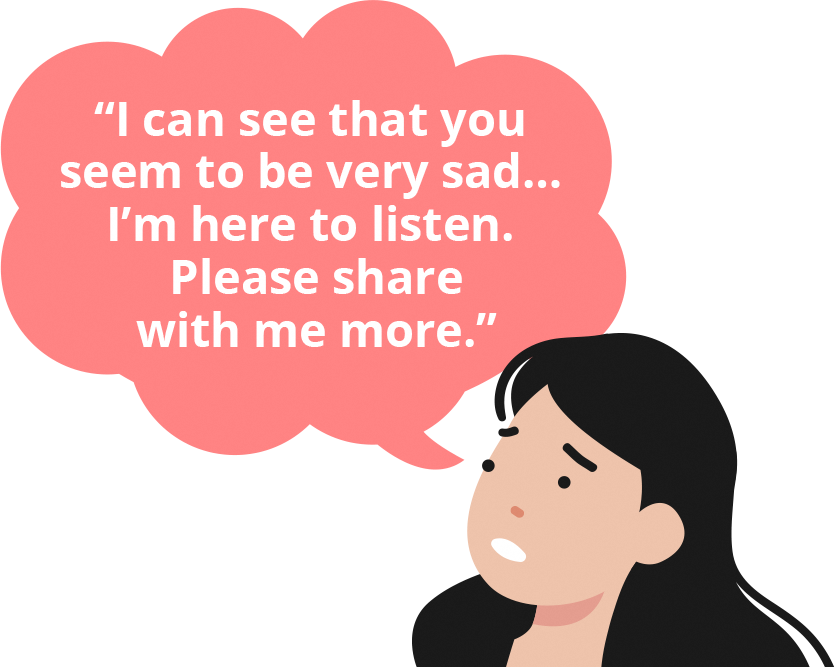
Brainstorm with them on possible solutions and role-play to help them gradually face their struggles
For example, you can say:
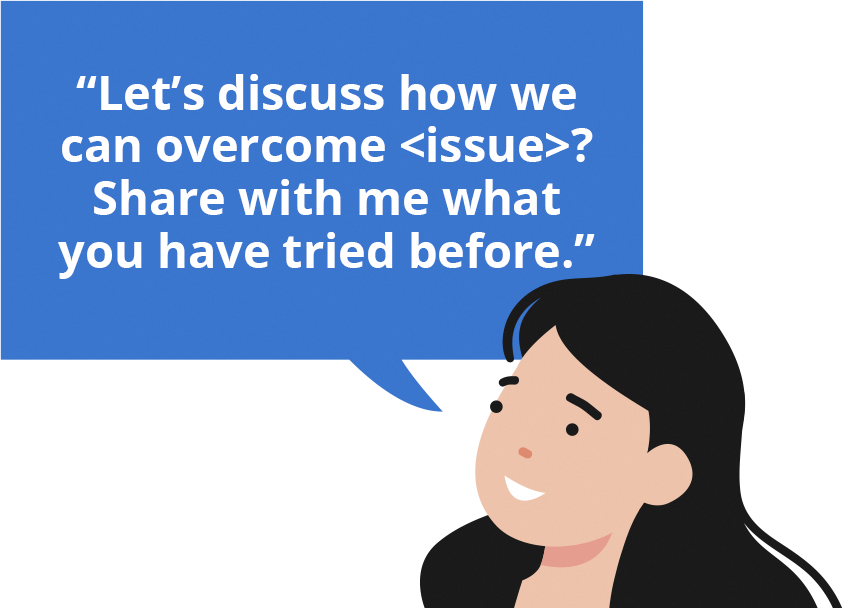
If you notice your child showing signs of distress for at least 2 weeks, despite trying out a few solutions, speak to them about seeking professional help.
For example, you can say:
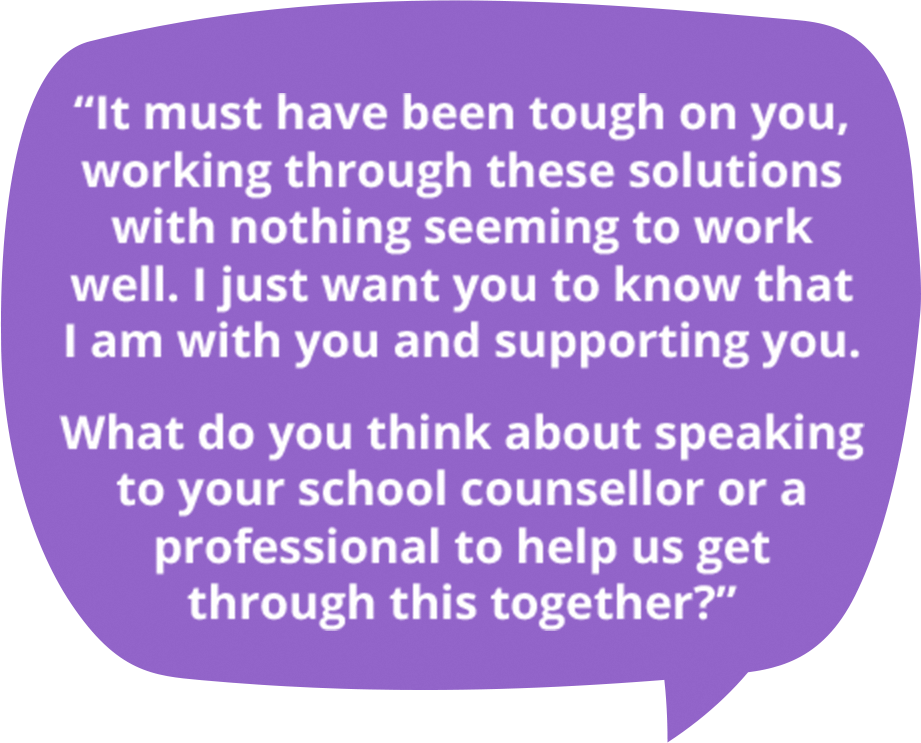
For tips to better support your child, you can click here.
When should you seek professional help for your child?
Your child may need professional help if they display the following changes:

If your child shows signs of D.I.S.T.R.E.S.S. that persist for two or more weeks, your child may be experiencing deeper underlying issues that are more than just a temporary reaction to a negative or stressful situation.

At times, your child may engage in unhealthy ways of coping that may harm them. If you observe that your child is dealing with their feelings in a dangerous way, it is important to consider seeking professional help.
Such dangerous ways include:
-
Self-harming
-
Suicidal thoughts
-
Overusing alcohol
-
Excessive gaming/Internet/social media use
-
Drug use


